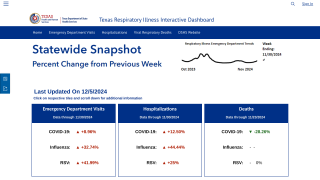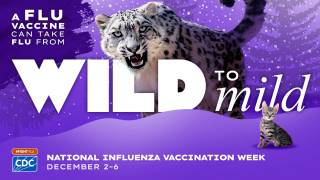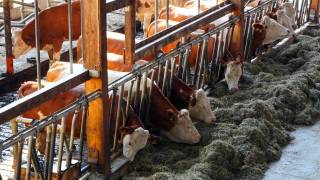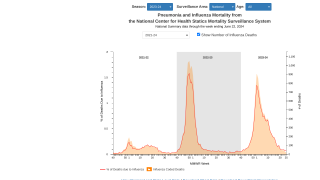$502 Million Combats Bird Flu Outbreaks
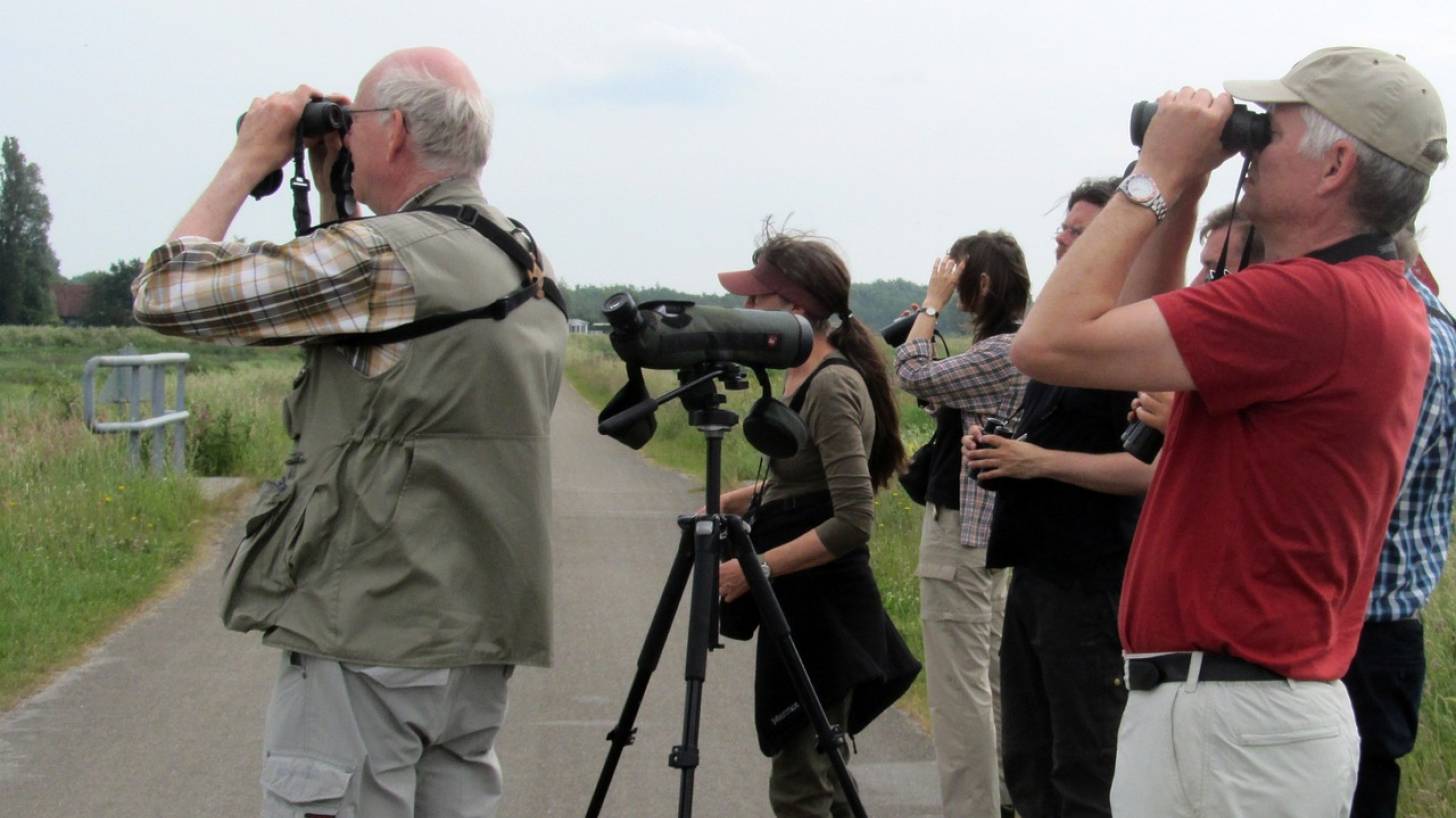
As the detections of highly pathogenic avian influenza (HPAI) decreases, the U.S. Department of Agriculture (USDA) recently announced it is providing $502 million under the Animal Health Protection Act to the Animal and Plant Health Inspection Service to prepare for future bird flu outbreaks.
In May 2022, there were a total of 18 commercial poultry HPAI detections in the U.S.
But since April 19, 2023, there has not been a case of HPAI in commercial or backyard poultry. In May 2023, there were 0 commercial poultry detections.
Since this bird flu outbreak began in the U.S., 47 states have reported HAPI infections, and over 58 million birds have been impacted as of June 26, 2023.
The Eurasian H5 HPAI strain is a serious disease and requires a rapid response because it is highly contagious and often fatal to poultry, mammals, and people.
In February 2023, a group of U.S. Senators wrote, "This unprecedented outbreak, which has been ongoing since February 2022, is devastating poultry flocks across the country and contributing to an increase in poultry and egg prices for consumers."
"We acknowledge APHIS's current efforts to address the spread of the disease."
"However, it is imperative the agency quickly deploy additional resources and work with the states in improving biosecurity measures within the avian supply chain, including the disinfection of sites and the testing and quarantining of affected flocks," the Senators wrote.
Previously, the USDA invested more than $793 million in emergency funding to respond to HAPI outbreaks by implementing quarantine restrictions, depopulating affected flocks, disposing of depopulated birds, cleaning and eliminating the virus from affected premises, and conducting surveillance in surrounding areas.
Unfortunately, HPAI is still prevalent in many parts of the world and wild bird populations, and the threat remains high.
The World Health Organization estimates that two particular types of the bird flu virus have caused more than 2,100 human infections and more than 800 deaths since 1997, primarily in Asia and the Middle East.
A bird flu outbreak can also have significant economic consequences. For example, the economic impacts of the 2014 outbreak in the U.S. have been estimated to range from $1 to $3.3 billion.
APHIS and officials from affected states are responding by Federal and State HPAI response plans, which include implementing quarantine restrictions, depopulating affected flocks, disposing of depopulated birds, cleaning and eliminating the virus from affected premises, and conducting surveillance in surrounding areas.
Biosecurity is also critical for all bird owners.
The USDA encourages bird owners to work to ensure domestic birds do not come into contact with wild birds and keep poultry confined inside during this high-risk period of migratory bird activity.
Furthermore, bird owners should limit traffic on and off their farms and use personal protective equipment and disinfection when caring for birds to avoid introducing HPAI.
Bird flu outbreak and avian influenza vaccine news were updated on June 26, 2023.
Our Trust Standards: Medical Advisory Committee

